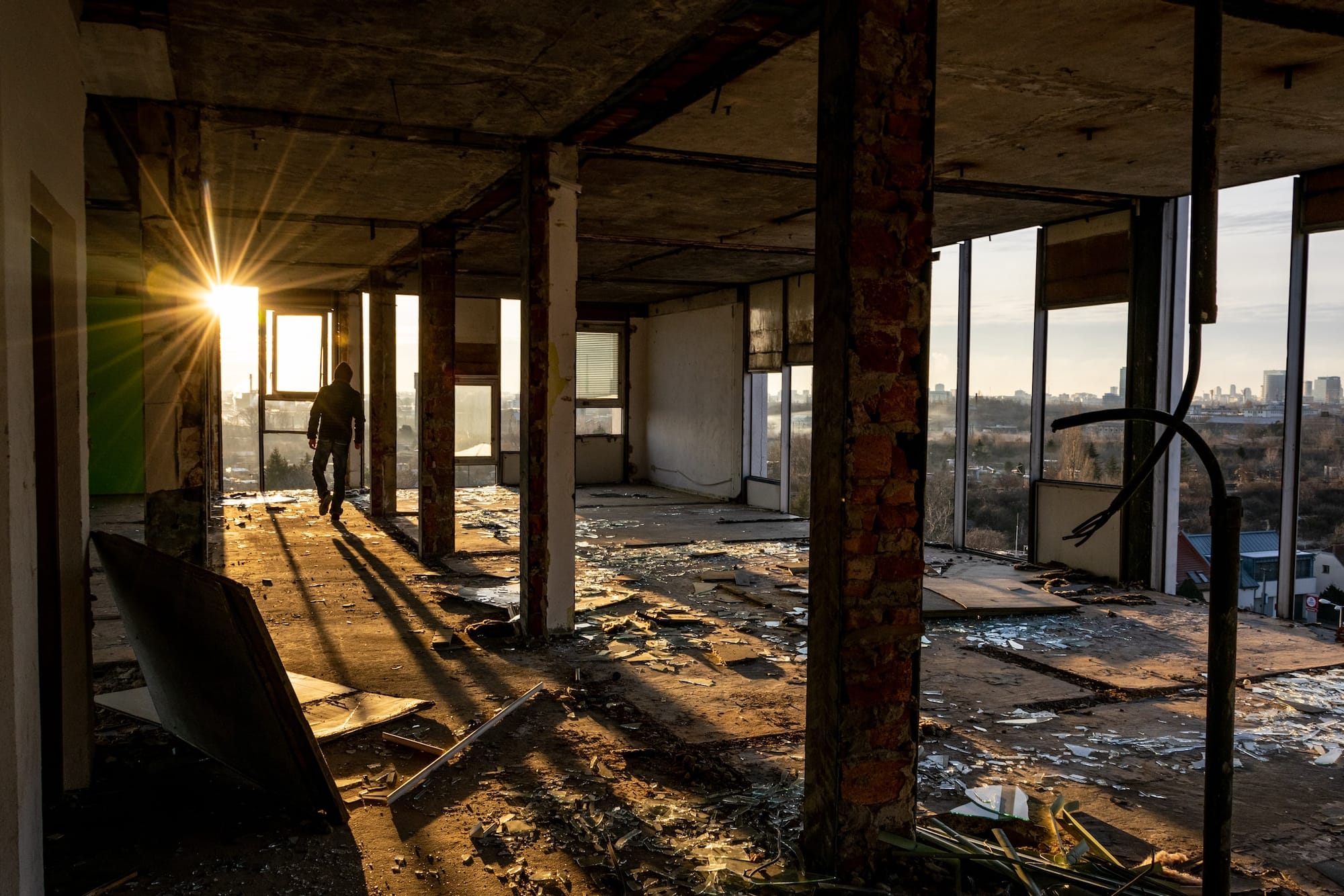The logic of the industrial revolution and modern capitalism forces our consumption-driven economic systems and their players into perpetual growth.
A system dominated by consumption, rewards scaling and productivity far more than sustainability and long-term, social responsibility.
Globalization has added another dimension to this, so that organizations, economic and political systems, and even cities are in a global competition for talent, resources, and ideas.
Digitization is enabling and forcing increased interconnectedness and accelerating further globalization, at the expense of some regions, larger parts of our societies and, most importantly, sustainability.
The assumption error of postmodernism is, in the author’s view, that such a global perspective will get us into a sustainable world.
This misconception is reinforced because the majority of business and intellectual leaders and knowledge workers belong to the new middle class (as, admittedly, does this author). It is precisely this class that is driving digitization in the direction mentioned.
A quick look at the World Economic Forum’s so-called “great reset” shows that the logic of global growth and centralized control should still apply, just with more sustainability. We have already tried this in recent years – with moderate success.
A circular economy must start at the bottom of the supply chain and with smaller circles. Otherwise, these approaches will fail very quickly due to the interests of globally oriented supply chains.
We have the necessary technologies for a reorientation, but we would have to free the digital tools from their one-sided focus on scaling and profitability.
This outlines one of the modern areas of conflict: Mediating between the economic and social realities of the local and the operations of a global world.
As Bertrand Russel aptly put it, the problem is to persuade the human race to acquiesce its own survival. It is therefore high time to start a new attempt to make the local economy more sustainable.
What are your thoughts on the topic of circular economy?
We look forward to hearing from you.
If you want to set out into your personal, more sustainable future, we at Visionary Labs are happy to support you.

